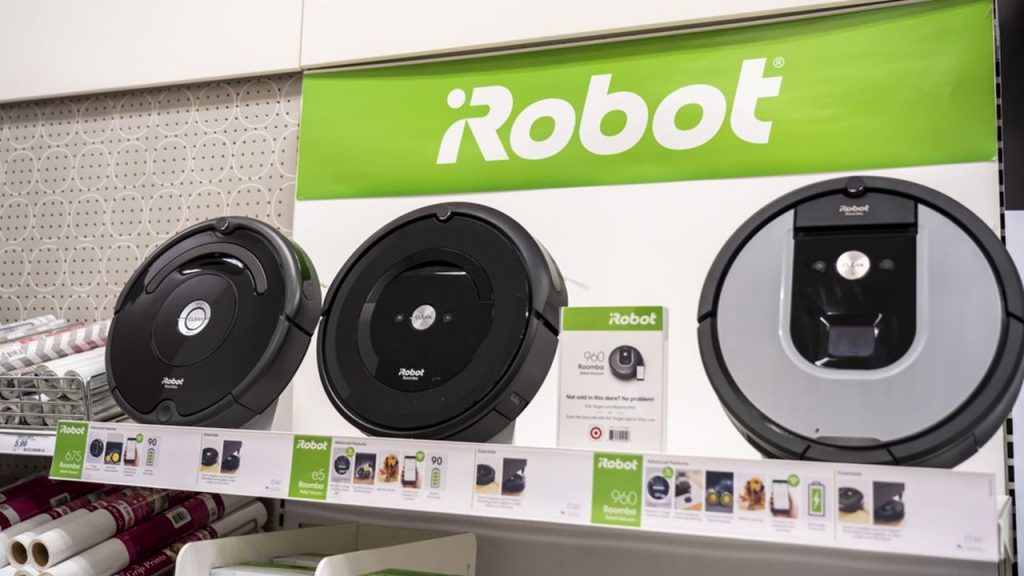
Amazon and iRobot have announced the abandonment of their proposed merger following resistance from European Union competition regulators.
The decision, described as “disappointing” by both parties, comes as a significant setback, particularly for iRobot, which faces job cuts amid declining sales.
The deal, initially unveiled in 2022, was poised to be one of Amazon’s largest acquisitions. However, the absence of a clear regulatory pathway for the purchase led to its demise.
iRobot, the maker of Roomba vacuum cleaners, is now set to undergo restructuring, resulting in the elimination of 350 positions, equating to 31% of its workforce.
The company is also downsizing its office space and reducing research expenditures, with its CEO stepping down.
In a joint statement, Amazon and iRobot expressed mutual agreement to terminate the deal, with Amazon agreeing to pay the previously arranged $94 million breakup fee.
Amazon’s senior vice president and general counsel, David Zapolsky, lamented the regulatory obstacles, arguing that they impede innovation and competitive pricing, ultimately harming consumers.
Shares of iRobot plummeted over 15% following the news, marking a decline of more than 50% for the year.
Amazon’s pursuit of iRobot aimed to bolster its smart-home appliance offerings, with the original proposed acquisition value at $1.7 billion, later reduced due to delays.

While the Competition and Markets Authority in the UK approved the deal, European competition authorities expressed concerns about potential anti-competitive behavior, particularly regarding iRobot’s dominance in the vacuum market and Amazon’s e-commerce influence.
The European Commission initiated a formal investigation, signaling its readiness to block the merger by the February deadline.
In the United States, scrutiny of mergers has intensified under the Biden administration, with officials taking a more aggressive stance, particularly towards tech giants.
Despite some challenges, such as Microsoft’s successful completion of its merger with Activision Blizzard after legal battles, regulatory resistance persists in certain sectors, reflecting ongoing efforts to maintain competition and protect consumer interests.
Source-BBC




